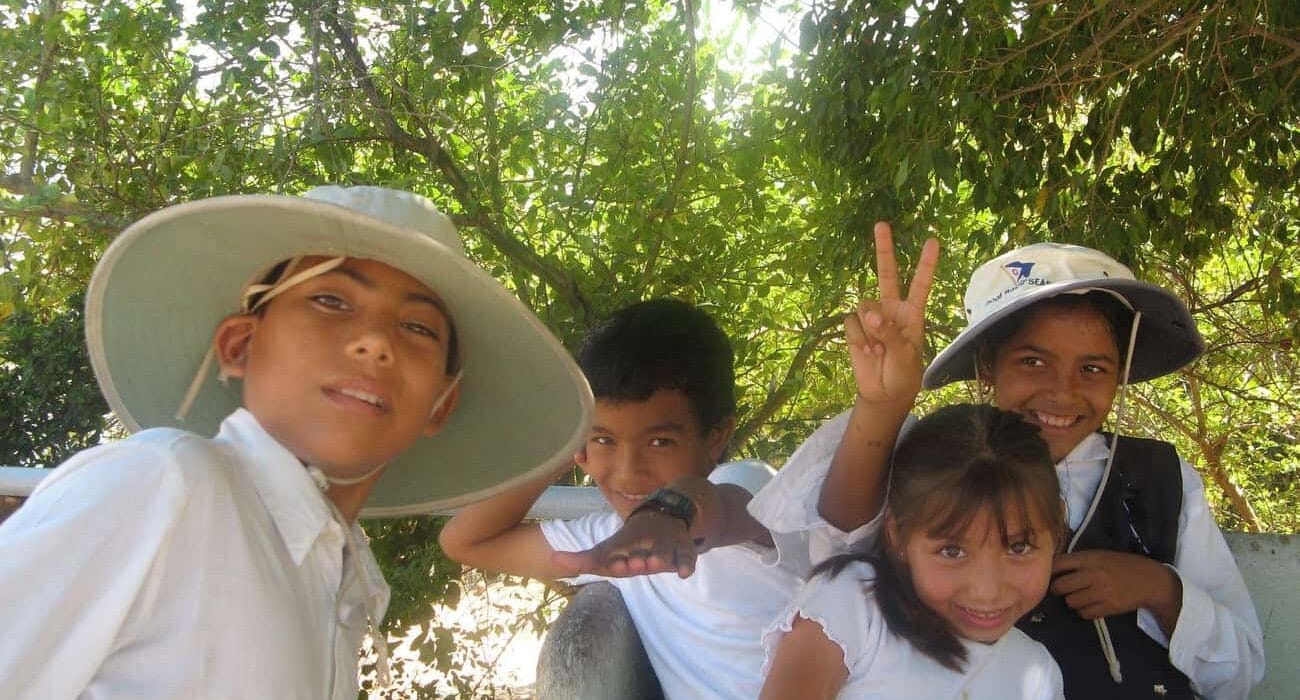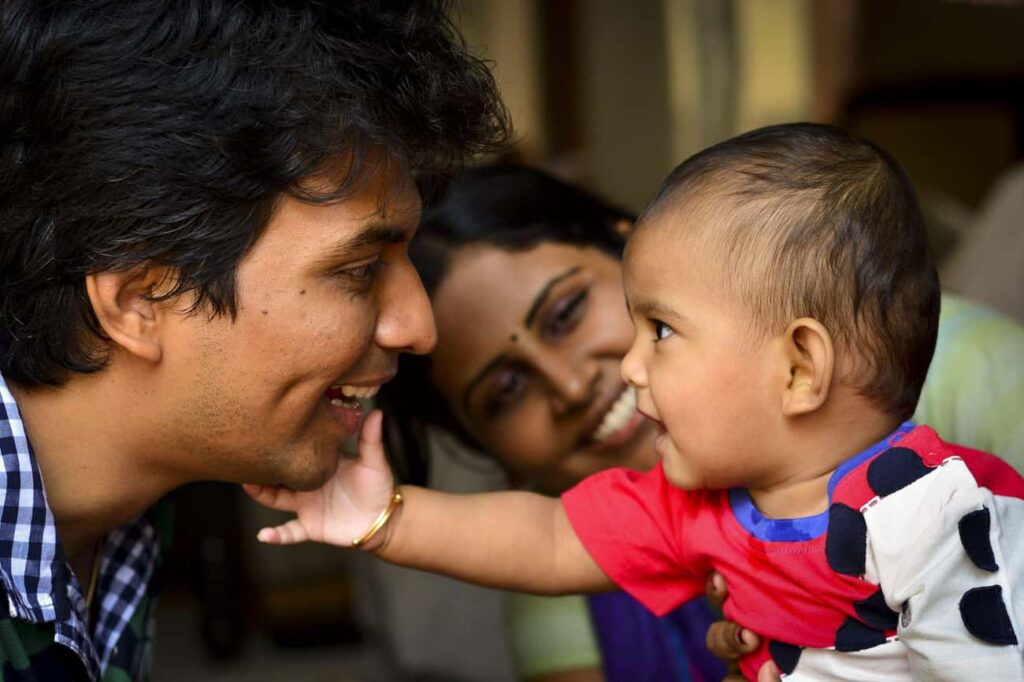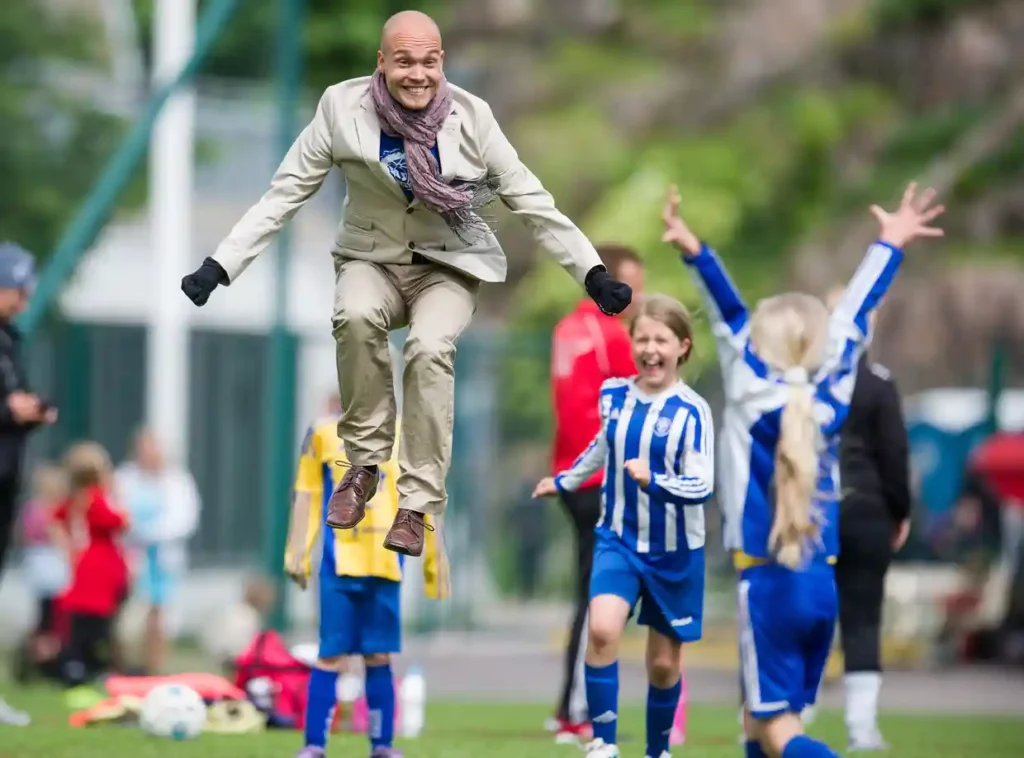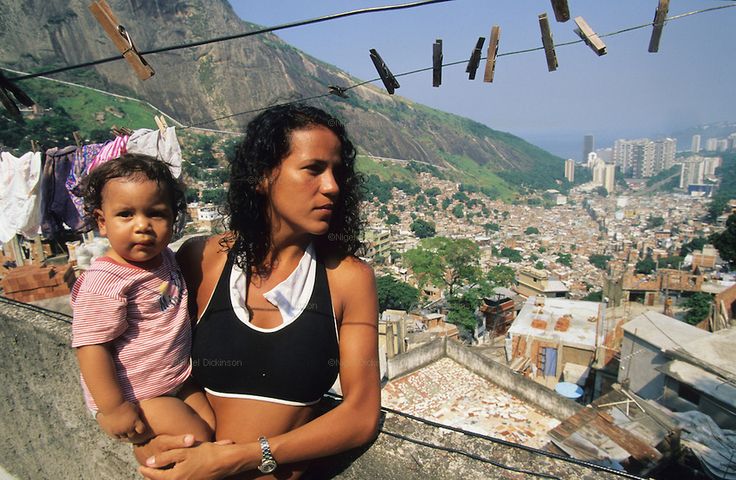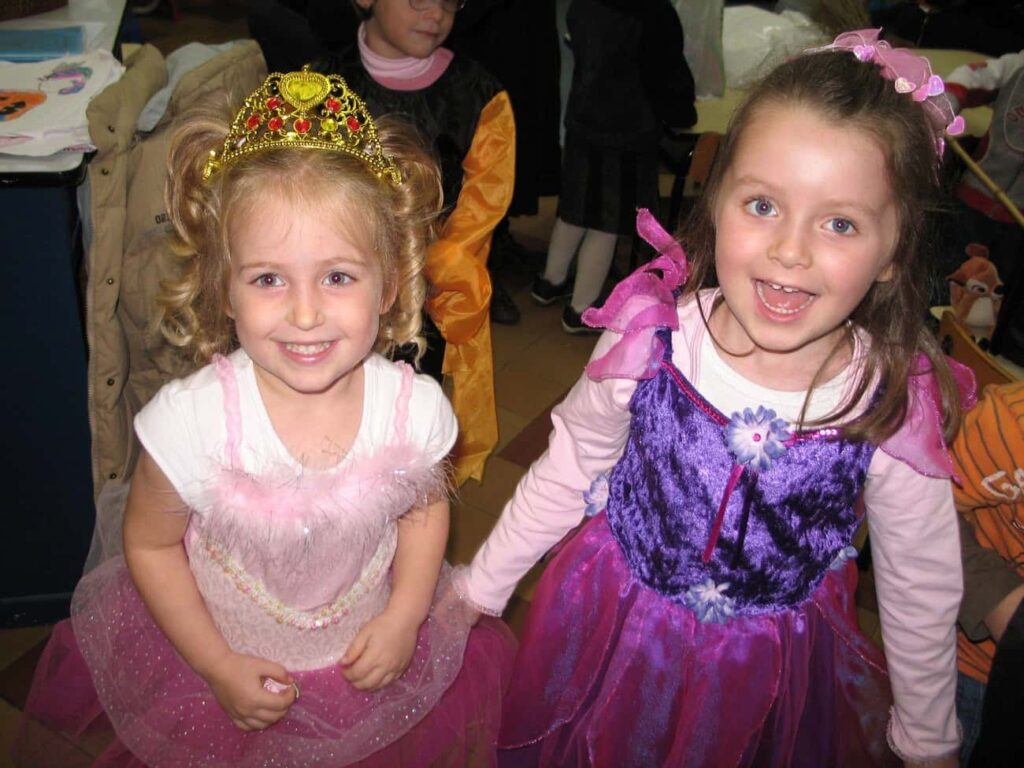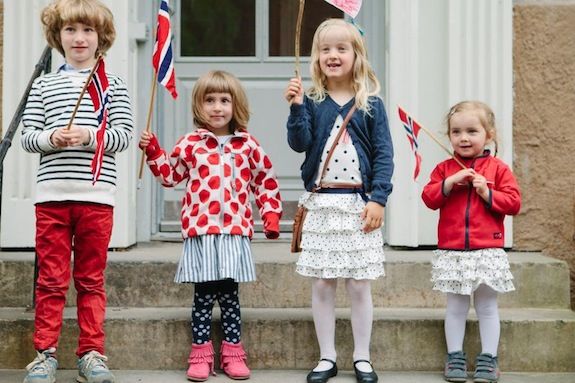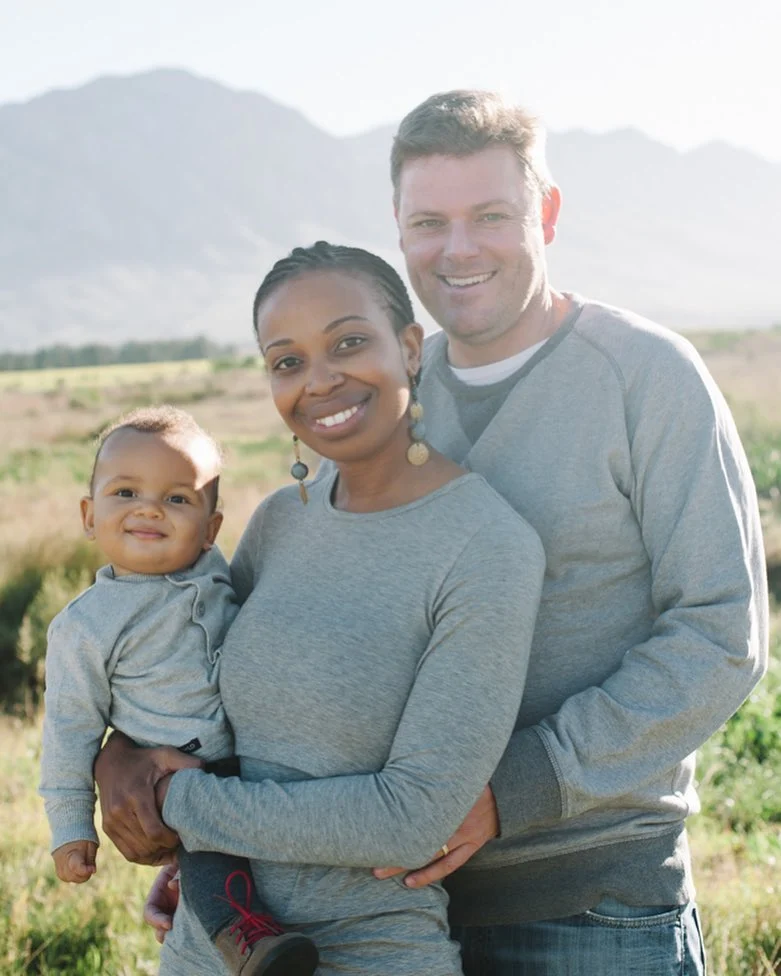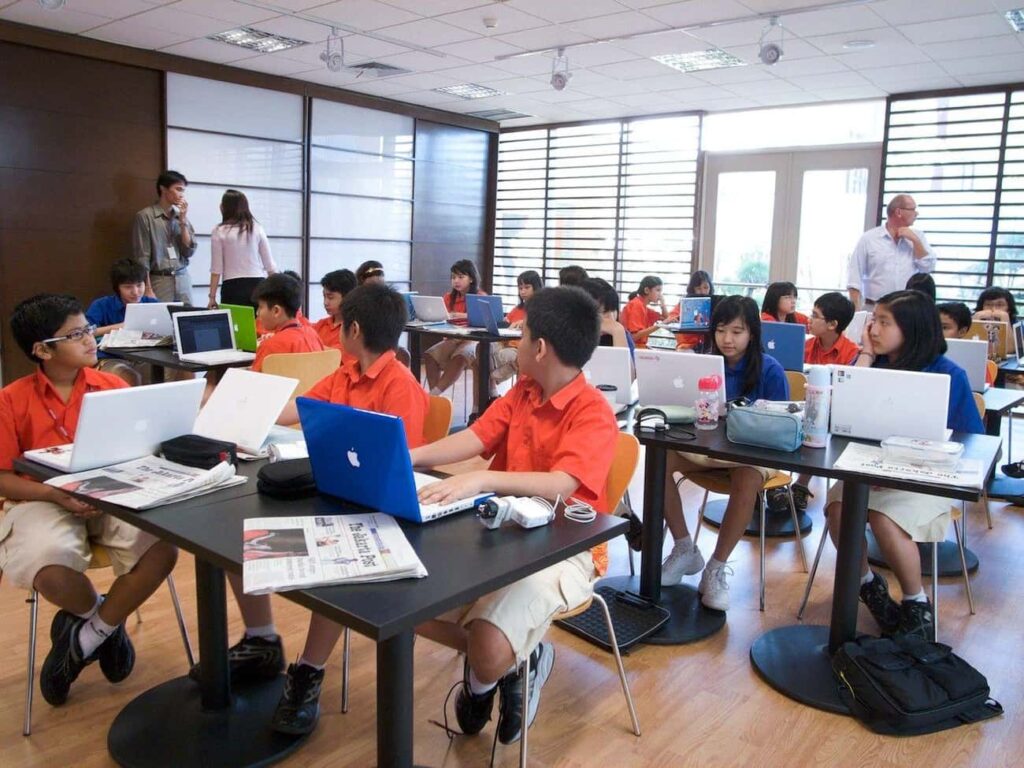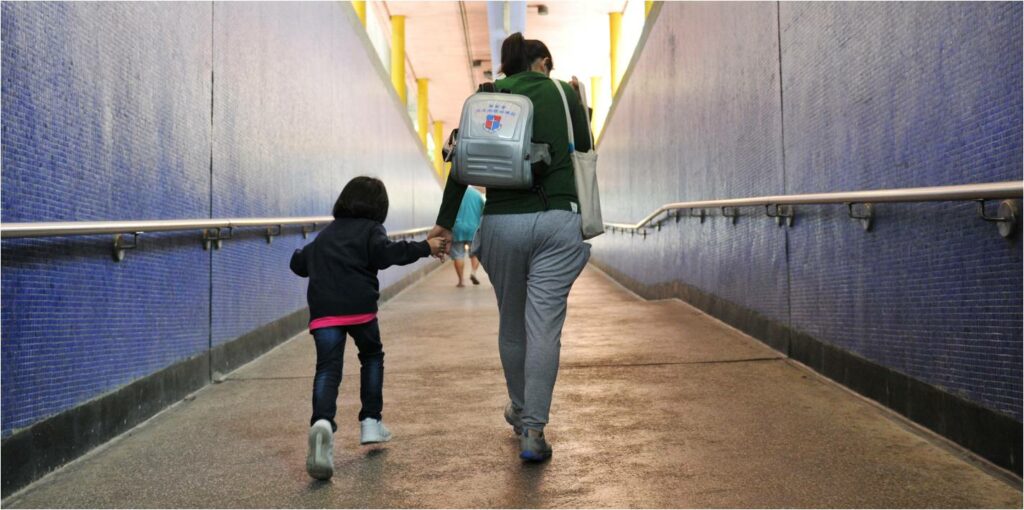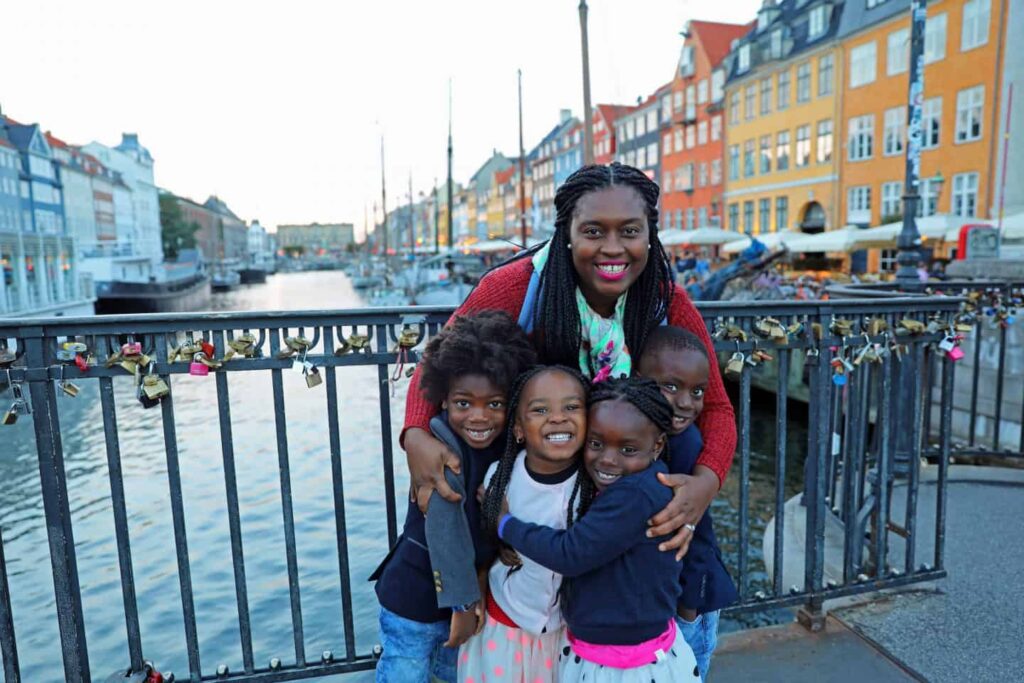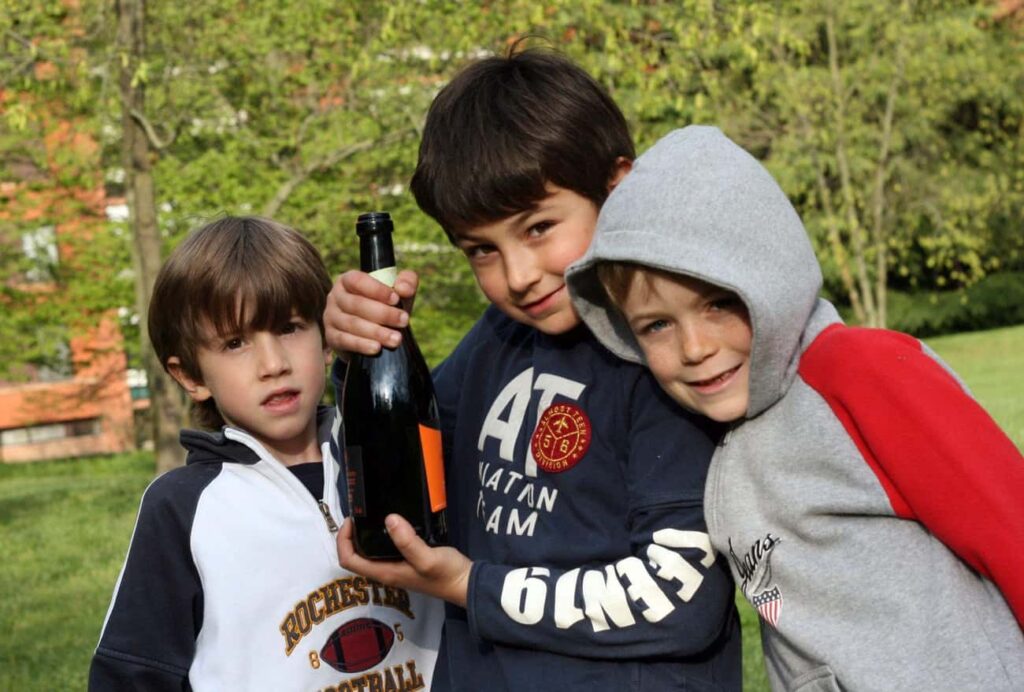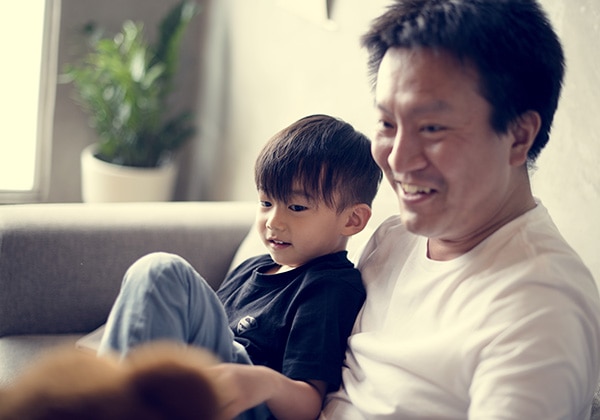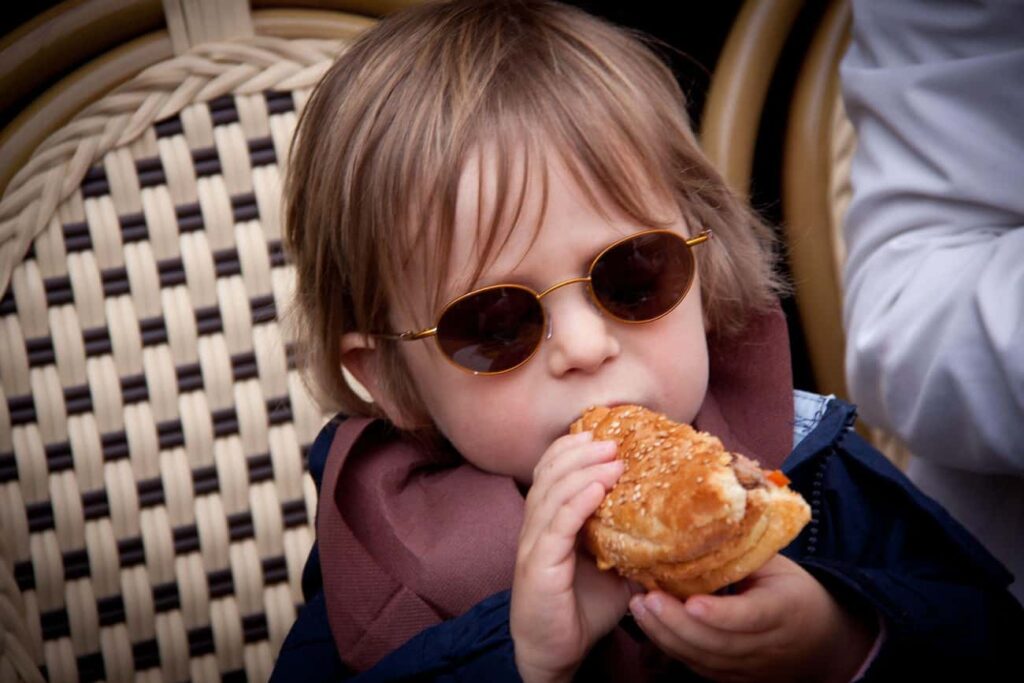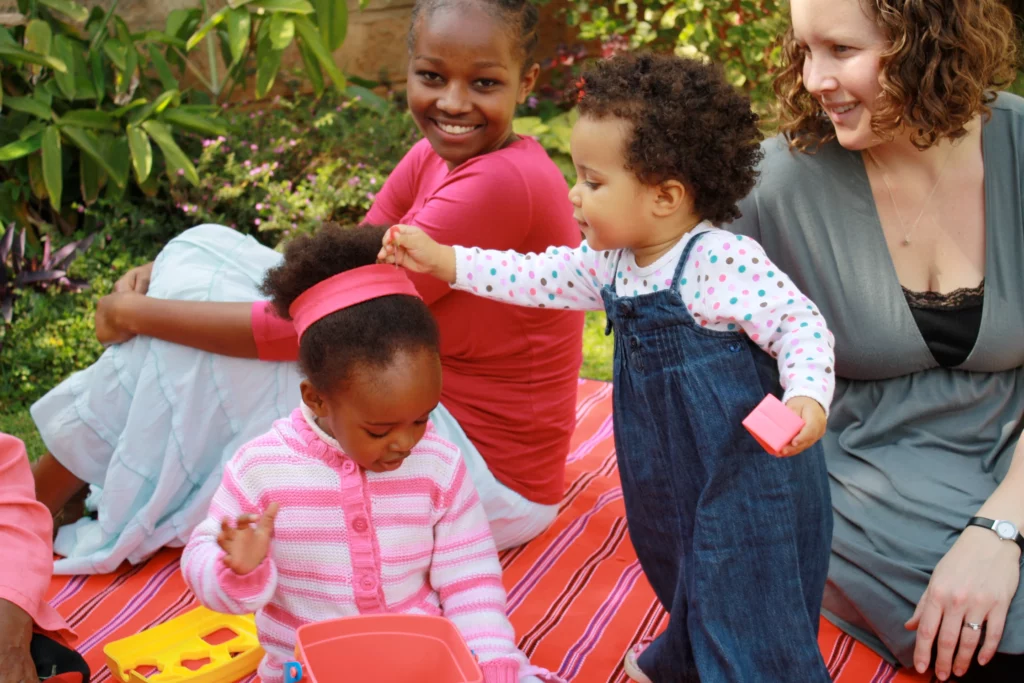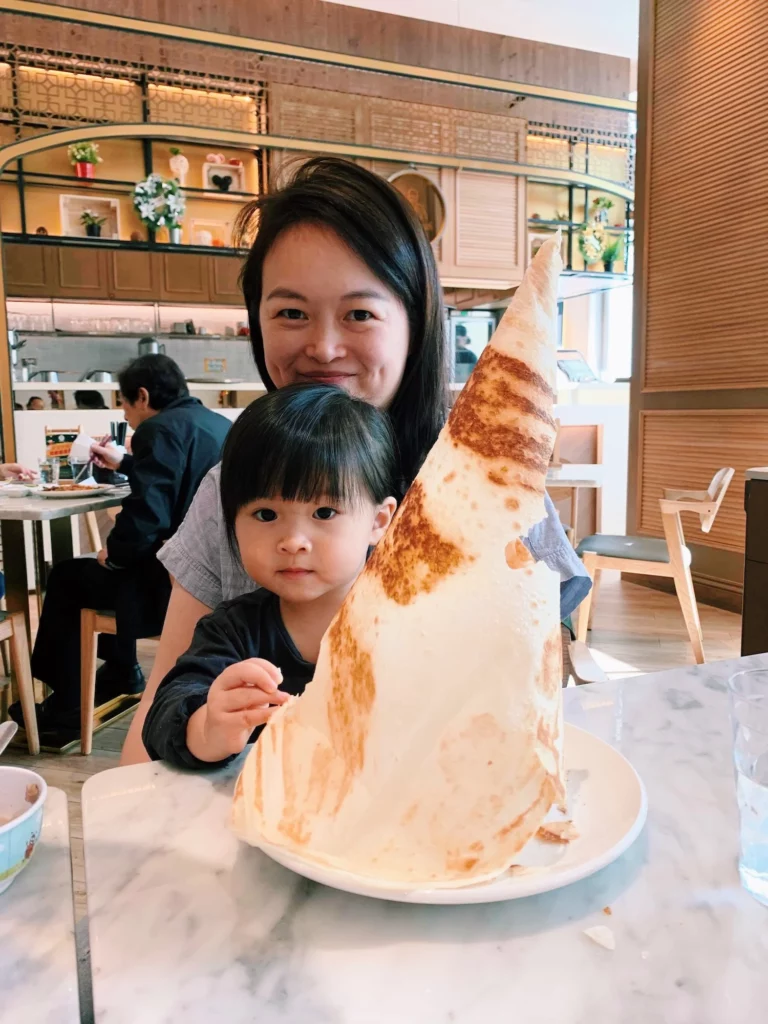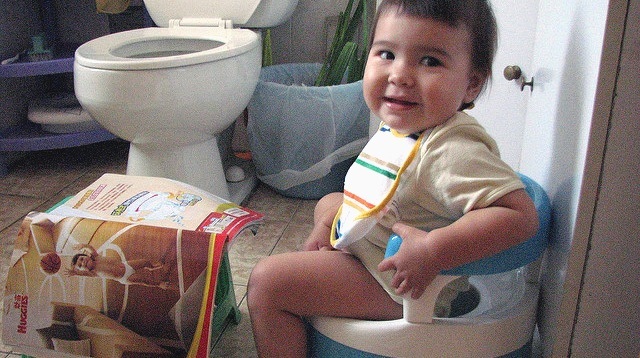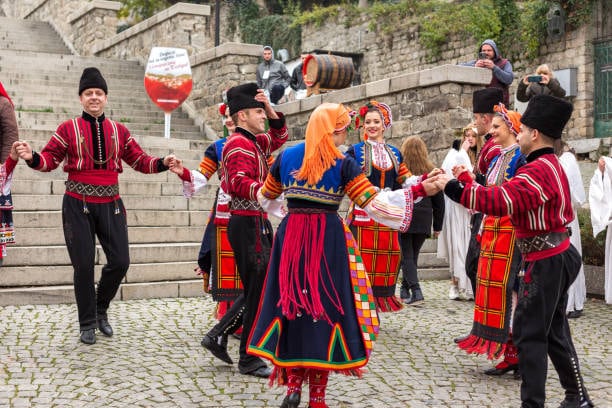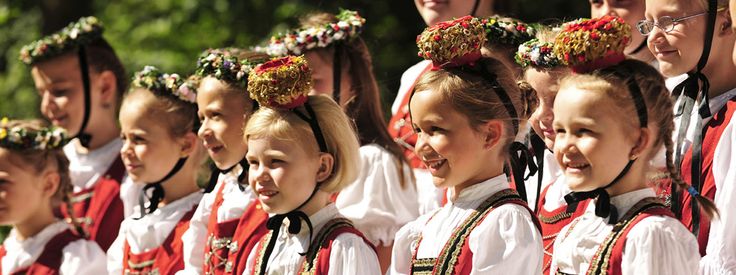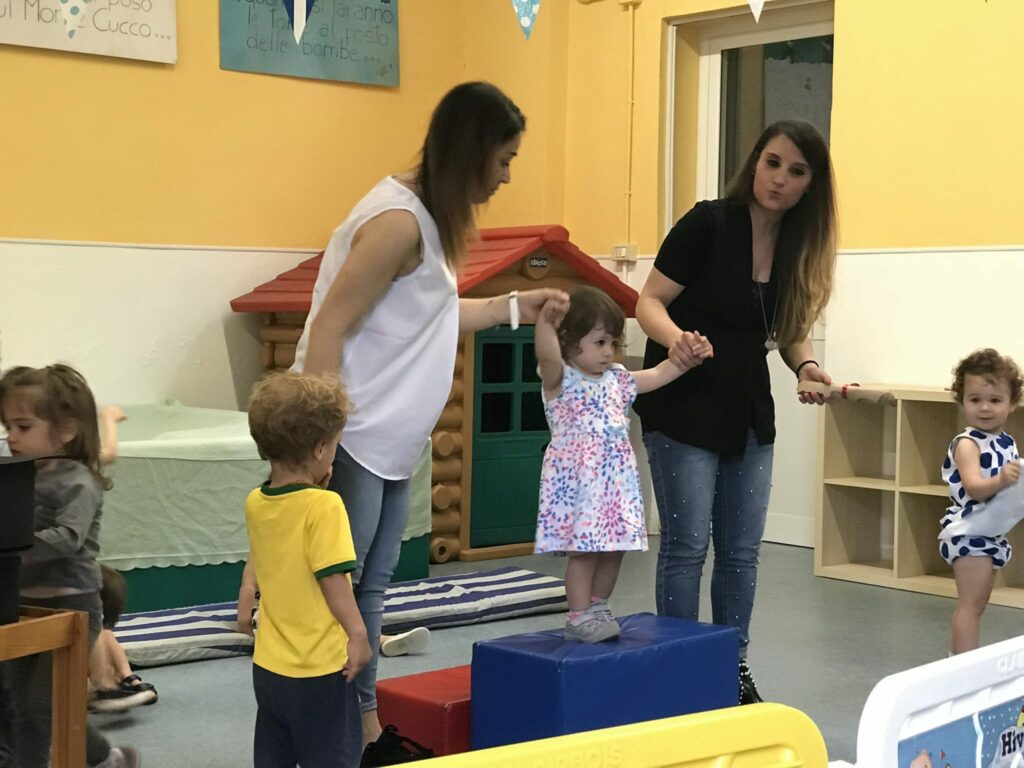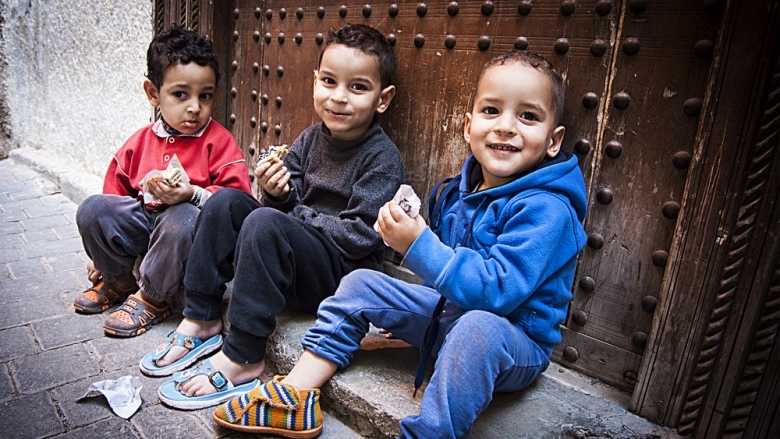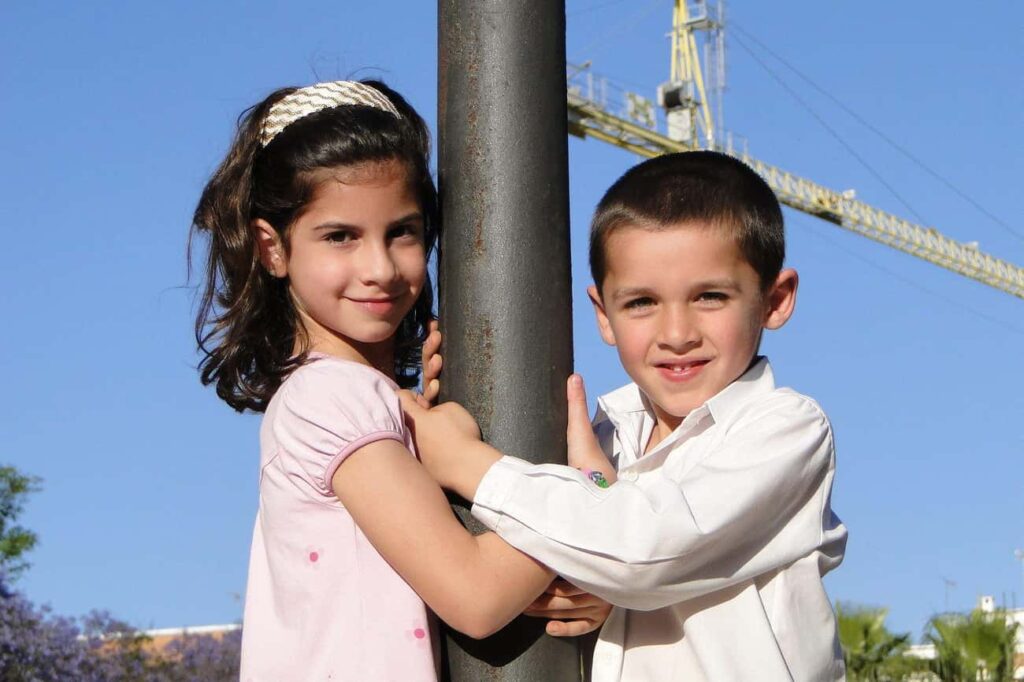There isn’t one rule for raising kids. It’s not a straight shot, and there’s no guidebook with instructions telling you how to raise a child. Actually, in countries around the world, parents raise children differently. For example, someone from the United States raises a child differently than someone in Finland. It might sound strange, but leaving your infant child outside alone in a stroller is normal in Denmark, and letting your child run around until the late hours of the evening are normal in Mexico. As long as you raise a healthy and happy child, there’s no right or wrong way to be a parent. And just because one parent raises a child one way, doesn’t mean you have to do the same! The best way to raise a child is to empathize and listen to your kids. It can feel stressful at times, so it’s important to take each day as it comes. You’ll raise a family in a happy home if you are happy.
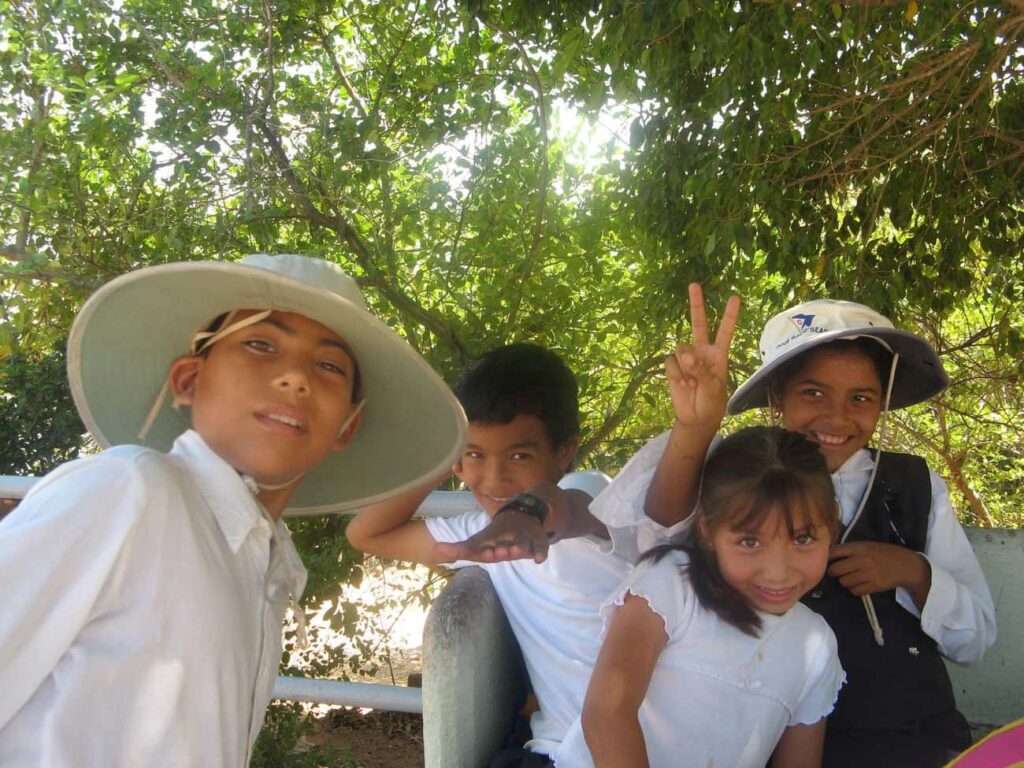
Mexico
In Mexico, parents raising children teach them to respect their elders. And while most kids learn to respect their elders around the world, it’s especially drilled into Mexican children. They’re also expected to have impeccable hygiene, which means they need to listen to that one-minute hand-washing rule. Parents believe that children must obey authority figures, and even greet them and say goodbye with a kiss on the cheek. They need to respect the rules of their parents without talking back. If you’ve ever had your child disagree with you during an argument, rest assured, this does not happen in a Hispanic family!
Some schools even have a personal hygiene grade on their report cards. Many parents also seem to disregard the bedtime rule that American families hold so dear. Blogger Sarah DeVries spoke about her experience raising her children in Mexico, and said, “It’s not uncommon to see kids running around during family parties at midnight, or asleep on three to four lined-up chairs while their parents continue in the fun. This was very difficult for me to deal with personally, as I got a lot of pushback for wanting to keep my kid’s nap times and bedtimes sacred.” (Mexico News Daily).

